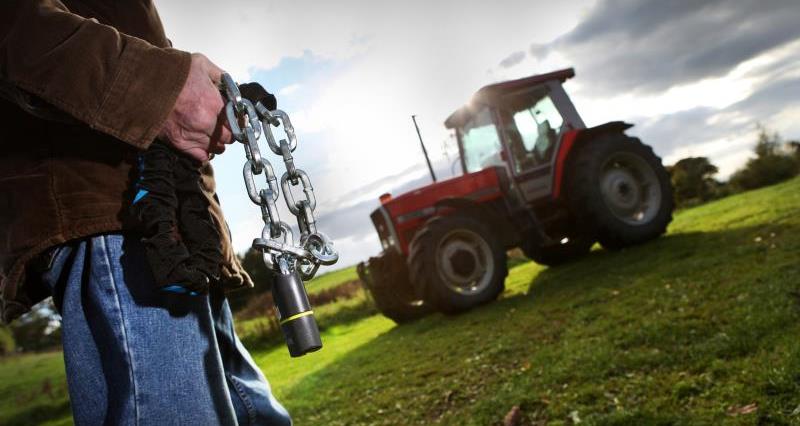The countryside. It’s not a place you’d immediately associate with the word crime but, even though it may not have the same levels to contend with compared to more densely populated areas, the sad fact is that rural crime has become a considerable problem over recent years.
According to insurers NFU Mutual’s 2017 Rural Crime Report, countryside crime cost the UK £39m in 2016 with England the worst affected, contributing £33.8m of the total figure. Theft has become a significant issue. It’s not really a surprise that the most frequently stolen items were tools; after all, they’re easily portable, difficult to trace back to the owner and ideal pickings for the opportunist thief. But criminals have become a lot more organised and considerably more brazen. As the report highlights, just a generation ago rural theft would have amounted to a couple of sheep or maybe a handful of tools being taken. But now rural crime is often carried out by gangs who spend time identifying likely targets with a view to stealing expensive agricultural vehicles like tractors or quad bikes, or who take a significant number of livestock at a time. Good transport links make it easier to sell on stolen property; it can be shipped over to mainland Europe within just a few hours. Land Rover Defenders even have their own category in the report. The vehicle is no longer made and that’s pushed up prices of parts being resold. Given the prevalence of Defenders in agricultural settings, they’ve become a major target for theft, making up £2.1m of last year’s total figure.
This might sound like it’s a problem just for farmers but the impact’s wider than that. Stolen livestock could be slaughtered and processed outside regulated abattoirs before illegally entering the food chain. Farmers who are continually targeted can end up being forced out of business. That ultimately has far reaching implications including impacting on overall food production levels and costs for consumers.
There’s already a great deal of action being taken to try to tackle the problem. Various partnerships are in place connecting agencies and bodies such as the National Vehicle Crime Intelligence Service, the Plant and Agricultural National Intelligence Unit, Crimestoppers and police forces around the UK. But rural businesses can also take action to improve their own security too.
How can you protect your business?
If you’re a farmer or work in a rural business, try to view your property through the eyes of a would-be criminal. Then apply these key principles of crime prevention to help you to identify and address any weak spots that could otherwise increase the likelihood of being targeted.- Harden the target
- Remove the target
- Reduce the means
- Reduce the payoff
- Make access harder
- Increase surveillance
